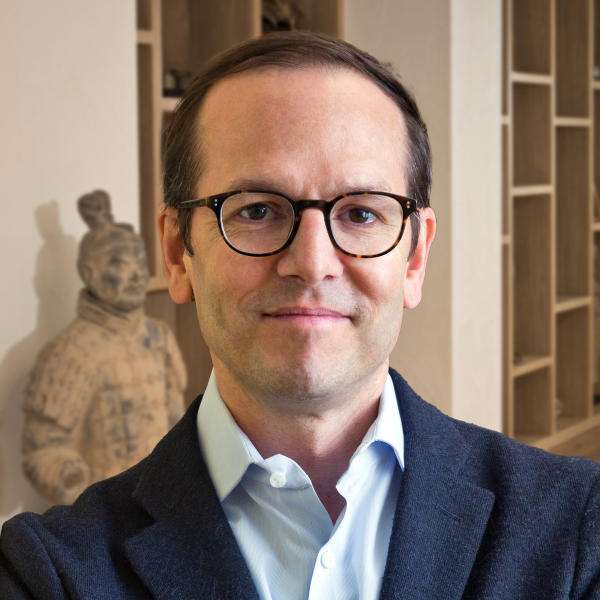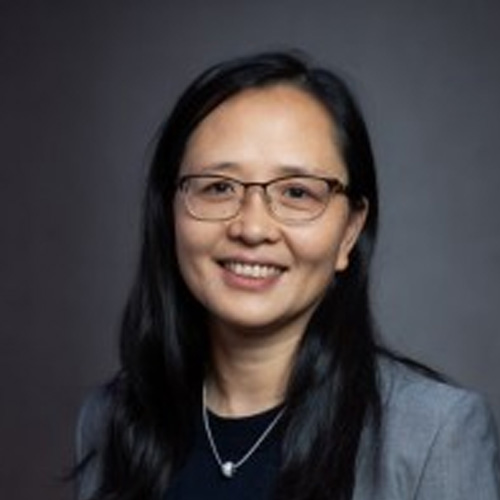Monday, July 28, 2025
“China’s New Economic Weapons: Statecraft, Strategy, and the Future of U.S.-China Economic Relations” examines how the Chinese government is increasingly leveraging its economic power for strategic and coercive purposes. In their report, Evan S. Medeiros and Andrew Polk explore the evolution of China’s economic toolkit and how various measures are deployed in service of Beijing’s political objectives. Drawing on recent case studies, the report assesses the drivers behind the development of these new tools, the implications for foreign firms and governments, and the strategic challenges they introduce into an already fragile U.S.-China relationship.
In an interview conducted on July 28, 2025, report co-authors Evan Medeiros and Andrew Polk join Ka Zeng to discuss how China’s economic coercion has changed, what it signals about China’s future global role, and how the United States and its partners should respond.
Speakers

Evan S. Medeiros
Evan S. Medeiros is the Penner Family Chair in Asia Studies in the Georgetown University School of Foreign Service and the Cling Family Distinguished Fellow in U.S.-China Studies. His research and teaching focus on the international politics of East Asia, U.S.-China relations and China’s foreign and national security policies. He has published several books and articles and regularly provides advice to global corporations and commentary to international media.
Dr. Medeiros previously served for six years on the staff of the National Security Council as director for China, Taiwan and Mongolia, and then as special assistant to the president and senior director for Asia. In the latter role, Dr. Medeiros served as President Obama’s top advisor on the Asia-Pacific and was responsible for coordinating U.S. policy toward the Asia-Pacific across the areas of diplomacy, defense policy, economic policy, and intelligence.
Dr. Medeiros currently advises multinational companies as a senior advisor with The Asia Group, and is an NCUSCR board director.

Andrew Polk
Andrew Polk is a co-founder and the head of economic research at Trivium China, a strategic advisory firm. Before founding Trivium, he was the China director at Medley Global Advisors, where he advised asset managers and hedge funds on developments in China’s economy and financial markets
Previously, Mr. Polk was the resident China economist at The Conference Board’s China Center in Beijing, where he conducted economic analysis on the Chinese economy for corporate clients
He is the co-author of The Long, Soft Fall in Chinese Growth and maintains a deep network of professional contacts in the official, academic, and business communities in China built over a decade of living in China and working on China issues.
Mr. Polk holds an MA in economics and international relations from Johns Hopkins SAIS and a BA in American studies, communication, and religious studies from Texas A & M University. He is an NCUSCR Public Intellectuals Program fellow.
Moderator

Ka Zeng
Dr. Ka Zeng is a professor of political science at the University of Massachusetts Amherst. Her research focuses on China’s role in the global economy, specifically Chinese trade policy; China’s behavior in global economic governance; and China-related trade dispute dynamics.
Dr. Zeng is the author or co-author of Trade Threats, Trade Wars (2004), Greening China (2011) and Fragmenting Globalization (2021). She has also edited or co-edited multiple books on China’s foreign trade policy and global trade governance. She is a contributor to many journals including International Studies Quarterly, Journal of Experimental Political Science, Journal of World Trade, International Interactions, China Quarterly, Journal of Contemporary China, Social Science Quarterly, Chinese Journal of International Politics, Pacific Affairs, and China & World Economy.
Dr. Zeng is a senior research fellow at the Wong Center for the Study of Multinational Corporations and is also an NCUSCR Public Intellectuals Program fellow.

